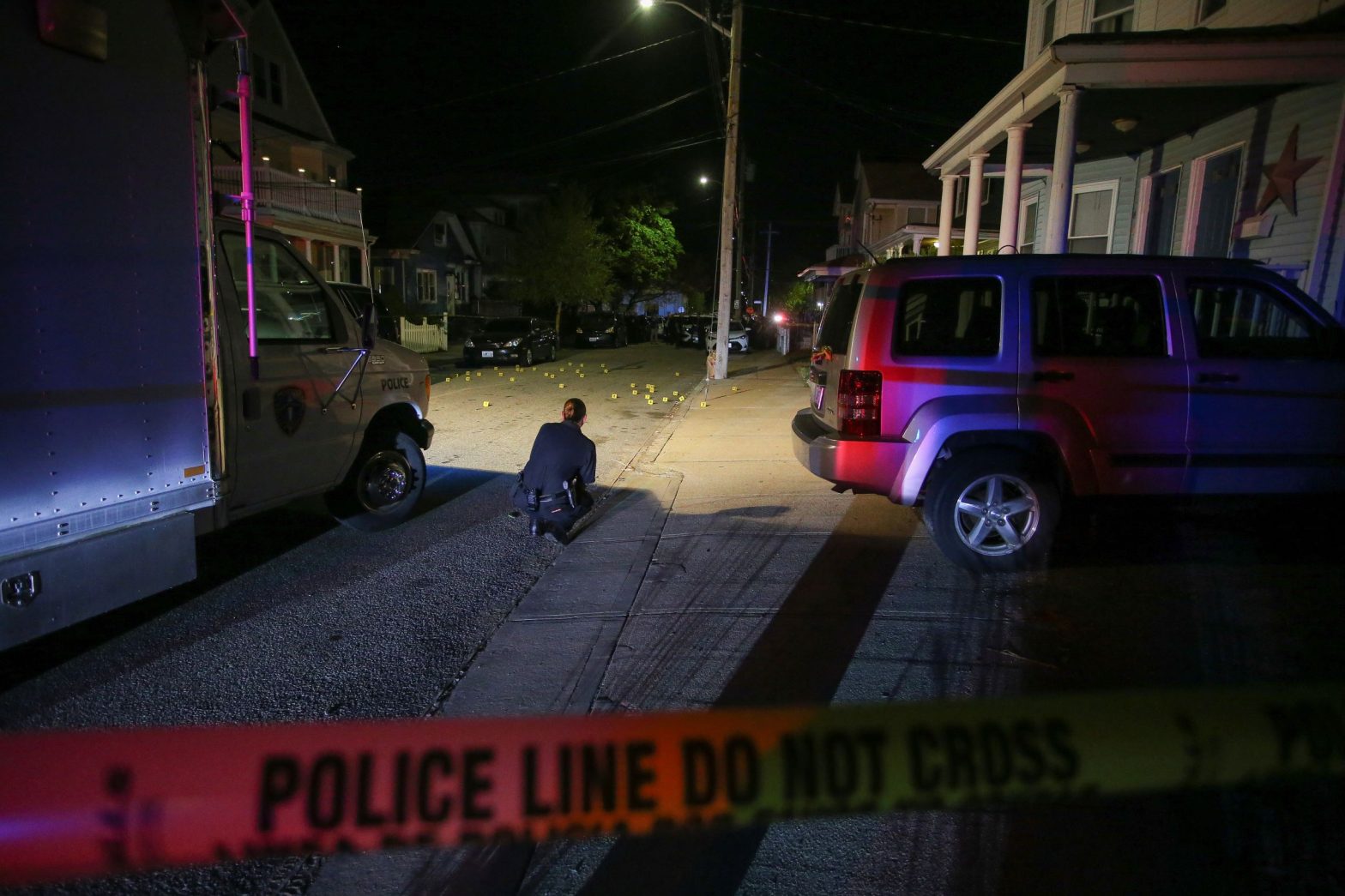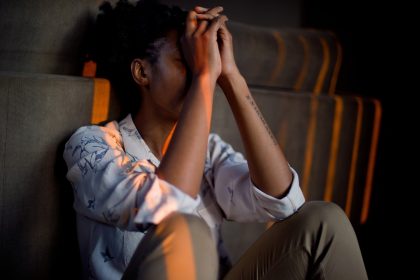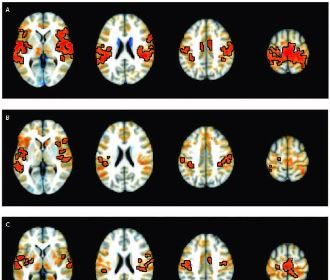Uptick in Mental Health Problems Prompts Calls for Crisis Intervention

WASHINGTON — Incidents the past few days in New York City demonstrate why a congressional subcommittee met Thursday to discuss “a national mental health crisis.”
Last week, an emotionally disturbed man barricaded himself in a subway motorman’s car, shutting down train service on the rail line for an hour and a half.
Police reported that the incident was one of four subway disruptions caused by emotionally disturbed people on the same day. At least one of them included an assault, adding to the 40% increase this year in felony assaults on New York’s subway.
Four days later, a man angry at a relative shot a gun at him in Times Square but missed, instead hitting and injuring three bystanders. They included a 4-year-old girl.
Police and members of Congress are blaming the COVID-19 pandemic for increases in both emotional problems and outbursts of anger that lead to shootings.
By May 2, 463 New Yorkers had been shot, compared with 259 in the same period last year, according to police. The nonprofit research group Gun Violence Archive reports similar trends nationwide.
The Centers for Disease Control and Prevention recently reported that the COVID-19 pandemic has left 40% of the U.S. population struggling with mental health problems, mostly depression.
Illness, deaths of family members, job losses and cabin fever during the quarantine all contribute, according to health officials.
Mental health has always created tragedies but the pandemic “exacerbated these existing problems,” said Rosa DeLauro, chairwoman of the House Appropriations subcommittee on labor, health and human services.
The subcommittee heard from mental health experts who agreed the police are an inadequate method for managing emotional crises.
“Police are often the first and only services to arrive at the scene,” said DeLauro, D-Conn. “Fortunately, there are things we can do about it.”
Options being discussed in Congress include more federal funding for state-based mental health programs, organizing mobile intervention teams for non-violent personal crises and opening a suicide prevention hotline next year.
Republicans on the subcommittee agreed there was a mental health problem Congress needs to address. They disagreed with Democrats mostly on the amount of taxpayer money that should be used.
Rep. Tom Cole, R-Okla., said that when he asks local police the biggest challenge they face, “They say mental health every single time.”
Primary sources of funding now include Medicaid, the 2020 Coronavirus Aid, Relief and Economic Security Act and the Biden administration’s American Rescue Plan.
Chris Richardson, an associate director for the Mental Health Center of Denver, recommended broader use of programs like Denver’s STAR program, which stands for Support Team Assisted Response.
STAR personnel consist of mental health professionals who handle what Richardson called “the overwhelming number of 911 calls that don’t require a police response.”
They drive to the scene of personal crises to speak with disturbed persons, evaluate their needs and perhaps give them food and water.
“Over the past 11 months, STAR has successfully responded to 1,323 calls,” Richardson said. “Of those, there has not been a single arrest, no injuries and no need for police back up.”
Coming next year is a 988 hotline number that Congress recently approved. It will connect callers in a mental health or suicide crisis to the National Suicide Prevention Lifeline.
Robert Gebbia, chief executive officer of the American Foundation for Suicide Prevention, said lawmakers should ensure the hotline is adequately funded before it begins operating.
Otherwise, he said, “States are going to be overwhelmed.”























